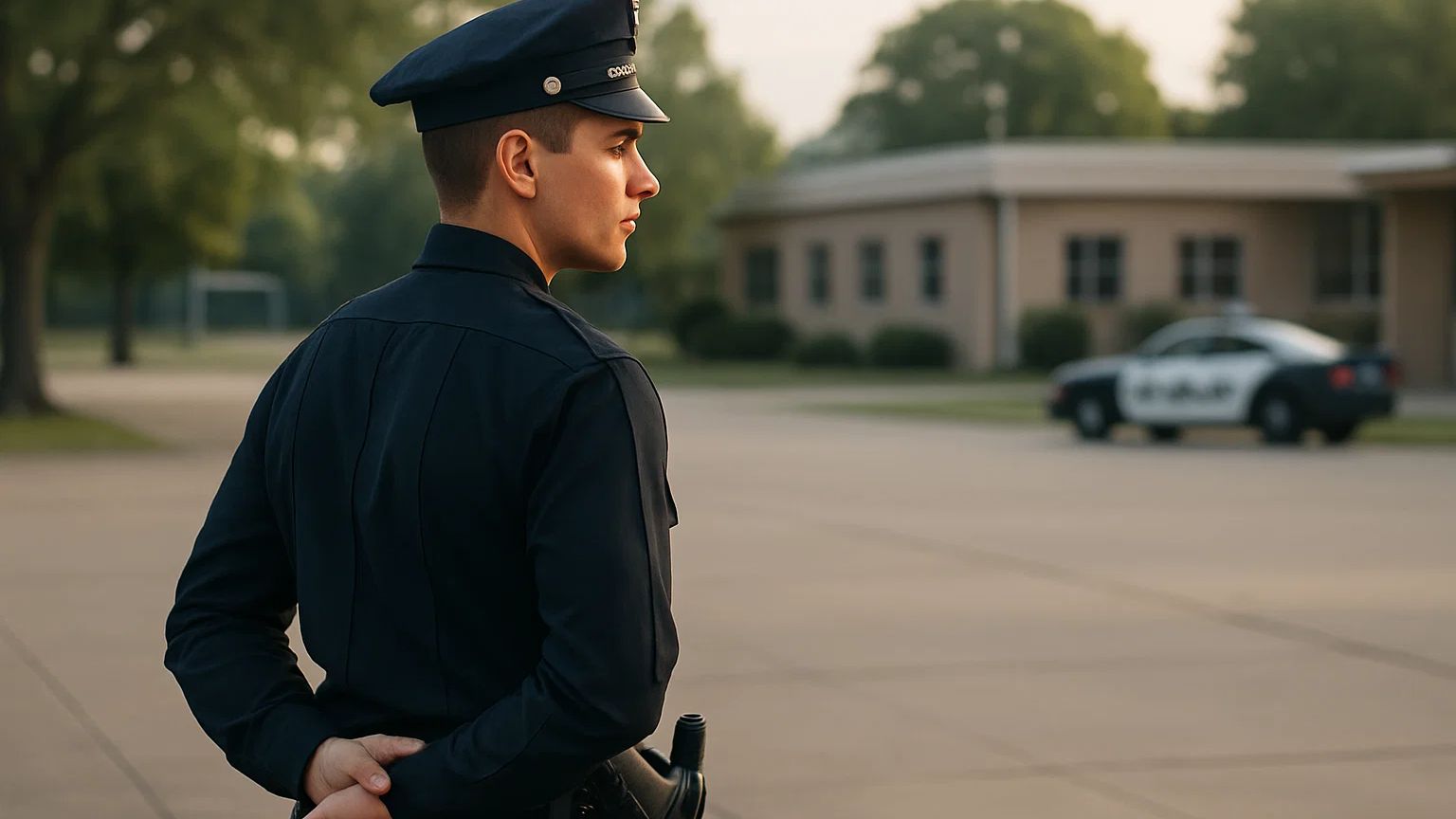Police Ethics and Integrity: Why Character Is Your Greatest Asset
Oct 29, 2025
Before you ever put on a badge, you need to understand one thing—your most powerful tool in law enforcement isn’t your weapon, your strength, or your training. It’s your integrity. Without it, nothing else holds weight.
Think of integrity like your internal compass. It won’t make your job easier, but it’ll keep you from getting lost. In a profession where decisions are made in seconds and scrutiny lasts a lifetime, your character is always on display. This blog will break down why ethics matter, how to stay grounded under pressure, and what departments are really looking for when they say “good moral character.”
1. Integrity Isn’t a Trait—It’s a Daily Decision
Being ethical isn’t about one big moment of heroism. It’s about the small, daily choices: reporting an error you made, refusing to cut corners, and telling the truth when it’s uncomfortable.
Departments want officers who do the right thing even when no one’s watching. That starts in the academy—and honestly, long before it. If you’ve made mistakes in the past, what matters is how you’ve owned them and what you’ve learned. Integrity can’t be faked, but it can be rebuilt.
Tip: Start holding yourself to department standards now—on and off the clock.
Example: A 2021 hiring survey found that integrity-related disqualifiers accounted for nearly 45% of police applicant rejections.
“Character is doing the right thing when nobody’s looking.” — J.C. Watts
2. Ethical Pressure Is Real—Be Ready For It
Policing puts you in tough spots. You might witness a fellow officer crossing the line. You might be pressured to keep quiet about something shady. How you respond defines your professionalism.
Training scenarios often include ethical dilemmas because departments want to see if you’ll speak up, follow policy, and make the right call—even if it’s uncomfortable. Loyalty is important—but not at the expense of the public’s trust or your integrity.
Tip: Practice “If-Then” thinking: “If I saw X happen, then I would…” This builds mental readiness.
Example: Departments with ethics scenario training saw a 60% increase in recruit confidence during real-life moral decision-making, according to a study by the National Institute of Justice.
“In matters of conscience, the law of the majority has no place.” — Mahatma Gandhi
3. Trust Is Earned One Action at a Time
The community doesn’t automatically trust the badge—you have to earn it. That trust is built through fairness, transparency, and consistent, respectful treatment. It also means being honest about your own limitations and being willing to admit when you’re wrong.
Whether it’s writing a report, handling an arrest, or just talking to someone on the street—your word needs to mean something. Once that trust is broken, it’s hard to get back.
Tip: Make it a habit to review department policy and reflect on how your actions align with it.
Example: Officers rated highest in public trust by their communities consistently demonstrated ethical consistency, according to a 2022 Pew Research study.
“Trust is built in drops and lost in buckets.” — Kevin Plank
Final Word
Ethics and integrity aren’t just checkboxes on your application—they’re the foundation of your law enforcement career. They’ll guide your decisions, protect your reputation, and define how others see you both in and out of uniform. Build your character now—because once you wear the badge, there’s no hiding it.
Have a Question or Need Help?
Use the form below to reach out with any questions about our programs, services, or support. We’ll get back to you as soon as possible.
We hate SPAM. We will never sell your information, for any reason.

